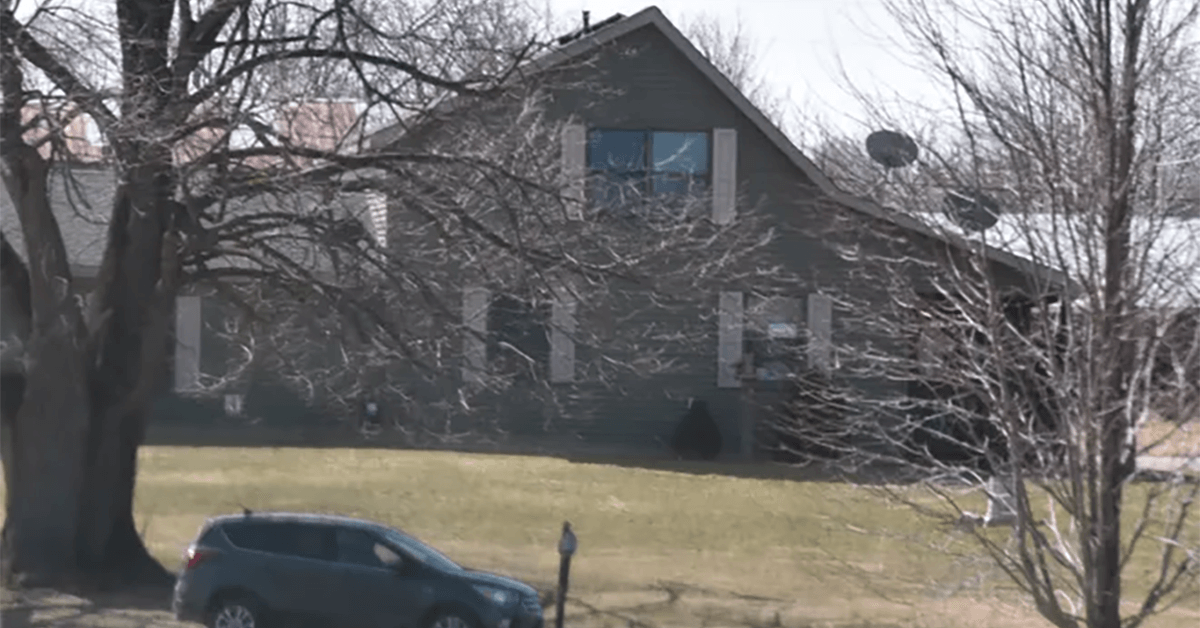Michigan Cannabis Market Hits Record $3 Billion in Sales for 2023

The Michigan marijuana market experienced unprecedented growth in 2023, setting new sales records and significantly impacting state revenue. According to the latest data from Michigan's Cannabis Regulatory Agency (CRA), the state's legal marijuana retailers sold over $3 billion worth of cannabis products, marking a significant increase from the previous year.
In December alone, Michigan witnessed its strongest sales month ever, with licensed businesses achieving $279.9 million in total sales. This figure surpasses the previous monthly record of $276.7 million set in July. The cumulative sales for 2023, encompassing both adult-use and medical purchases, reached a staggering $3,057,161,285.85. This represents a substantial growth of about one-third more than the 2022 annual total of $2.29 billion.
The lion's share of 2023's sales came from recreational marijuana, which increasingly dominated the market as the year progressed. In December, adult-use retailers accounted for approximately 99 percent of all legal cannabis sales, totaling $276.7 million, while medical marijuana dispensaries contributed a mere $3.2 million.
Remarkably, the state's annual marijuana sales equate to about $305 per Michigan resident. It's important to note that this figure includes sales to non-resident customers. The 2023 sales figure even surpasses the gross domestic product of 51 countries, illustrating the massive scale of Michigan's cannabis market.
State officials highlighted a 49 percent increase in tax revenue from legal marijuana compared to the previous year, surpassing revenue generated from alcohol sales. Michigan's marijuana market benefits from one of the nation's lowest excise tax rates at 10 percent, in addition to a 6 percent state sales tax. In October 2023, marijuana excise tax alone generated $52.4 million in tax revenue.
Despite this remarkable growth, Michigan's annual marijuana sales have yet to reach the peak of $3.1 to $3.2 billion anticipated by some market analysts. Michigan's legal adult-use marijuana sales commenced in 2019 following voter approval in 2018.
Consumer preferences in December leaned heavily towards flower products, which constituted about 45 percent of total sales. Vape cartridges, inhalable concentrates, edibles, shake and trim, and other concentrates followed in popularity.
The state continues to see a steady influx of new business license applications, with 90 received and 71 approved in December alone. By the end of 2023, Michigan had 2,170 licensed cannabis businesses in the adult-use market, primarily growers, alongside 751 retailers, 250 processors, and other entities.
A survey of adult-use licensees revealed a plurality from high-income households, with 188 reporting annual incomes of $200,000 or more. In a significant move towards equity, the CRA launched a social equity grant program, allocating $1 million to support eligible marijuana businesses in education, business needs, or community reinvestment.
Interestingly, the average cost of marijuana in Michigan has remained at record lows, with an ounce of adult-use cannabis costing around $98, a significant decrease from $180 in December 2021. Additionally, policy changes have been implemented, including the end of pre-employment marijuana testing for most government employees and new laws facilitating trade between state-licensed marijuana businesses and tribal cannabis entities. Legislative efforts are also underway to legalize psychedelic plants and fungi for non-commercial purposes.
This growth trajectory of Michigan's marijuana market underscores the evolving landscape of cannabis sales and regulation, promising continued expansion and economic impact in the years to come.
Share this article:
Spotted a typo, grammatical error, or a factual inaccuracy? Let us know - we're committed to correcting errors swiftly and accurately!








 Helpful Links
Helpful Links